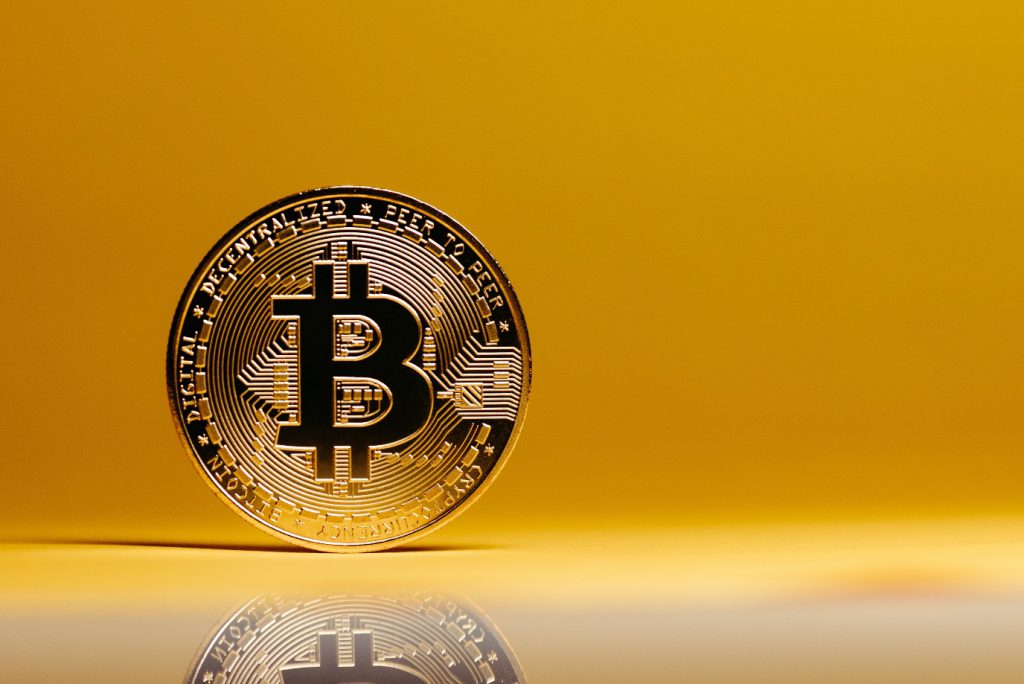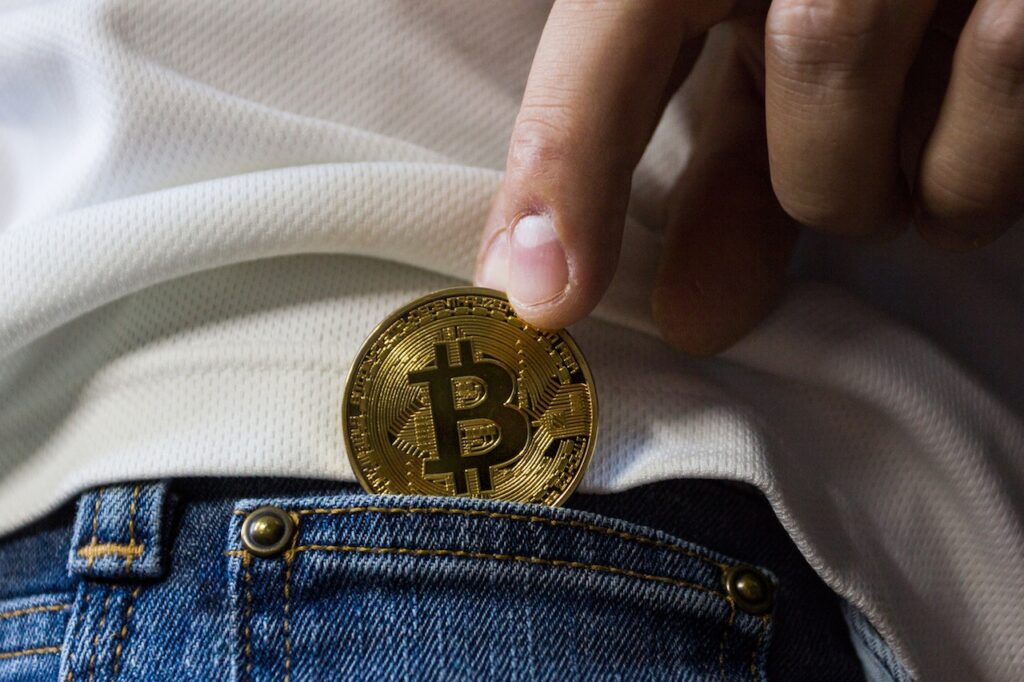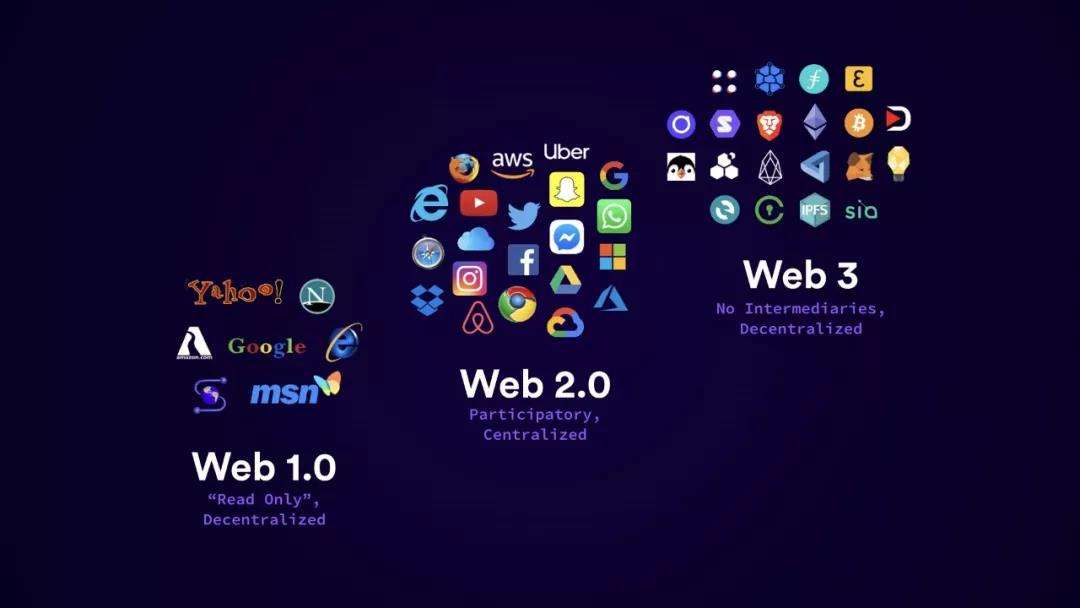The Metaverse, a virtual universe where individuals can interact, explore, create, and socialize, is no longer just a tale from a science fiction story. It’s rapidly becoming a reality thanks to the convergence of emerging technologies. Among these, blockchain technology is playing a quiet and yet pivotal role in unlocking the full potential of the Metaverse. So, in this article, we’ll delve into how blockchain is helping shape the Metaverse, its key applications, and the exciting possibilities it offers.
The Metaverse: A Brief Overview
The term “Metaverse” originated from science fiction and was popularized by Neal Stephenson’s 1992 novel “Snow Crash.” It describes a collective virtual shared space, created by the meeting or merging of virtually enhanced physical and digital realities. The Metaverse encompasses virtual and augmented reality environments, online gaming, social platforms, workspaces and more, where users can interact with each other and generated digital assets.
Blockchain: The Building Block of the Metaverse
Blockchain, the technology behind cryptocurrencies like Bitcoin Ethereum and Dogecoin, is a decentralized, distributed ledger system that offers transparency, security, and immutability. These attributes make it an ideal foundation for the Metaverse:
Digital Ownership and Scarcity: Blockchain enables the creation of unique, verifiable digital assets. In the Metaverse, users can have true ownership of their virtual assets, whether it’s virtual land, art, or in-game items. The Blockchain and its technologies could ensure that these assets are scarce and cannot be duplicated, thereby enhancing their value.
Interoperability: Different virtual worlds and platforms can be interconnected through blockchain protocols. This interoperability allows users to move seamlessly between different Metaverse environments and take their digital assets with them.
Smart Contracts: Smart contracts, self-executing agreements with predefined rules, are a fundamental component of blockchain technology. In the Metaverse, smart contracts can govern various transactions, from property sales to in-game item exchanges, without the need for intermediaries.
Decentralized Identity: Blockchain technology enables users to have a unified, secure digital identity across multiple Metaverse platforms, enhancing trust and reducing the need for repetitive identity verification.

Applications of Blockchain in the Metaverse
The influence blockchain has on the metaverse is already evident in several applications:
Virtual Real Estate: Users can buy, sell, and own virtual land in the Metaverse through blockchain-based platforms. These platforms use non-fungible tokens (NFTs) to represent ownership and ensure scarcity, making virtual real estate a valuable investment.
Gaming and Digital Assets: Blockchain is transforming the gaming industry by enabling true ownership of in-game assets. Gamers can trade, sell, and use blockchain-based items across different games, creating a robust digital economy.
Virtual Events and Experiences: Blockchain could be used to enhance the security and authenticity of virtual events, from concerts to showcases and conferences. Ticketing, access control, and digital collectibles could all be managed through blockchain technology.
Digital Art and Collectibles: NFTs have revolutionized the art world, allowing artists to tokenize their creations and sell them as digital collectibles. This has opened up new avenues for creators to monetize their work.
Social and Virtual Worlds: Blockchain-based social platforms and virtual worlds are emerging, offering users more control over their digital interactions and assets. The significance of Decentralized social media platforms is that users can have ownership of their content and data, something that is sorely missing from current social platforms.
Challenges and Future Prospects
While blockchain holds great promise for the Metaverse, it also faces challenges. Scalability, energy consumption, and user-friendly interfaces are areas that require continued improvement. Additionally, ensuring user privacy and security in decentralized virtual spaces remains a priority. The future of the Metaverse with blockchain is a landscape of almost endless possibilities. Imagine a world where users seamlessly traverse digital realms, own virtual assets, create and monetize content, and engage with others in a secure and immersive environment. As blockchain technology continues to evolve and integrate with the Metaverse, we are on the cusp of a digital revolution that will redefine how we live, work, and play in the virtual realm. The Metaverse is no longer a distant dream; it’s becoming a blockchain-powered reality.







Facebook Comments